2017 05 04 ‒ 06 03. Danas Aleksa: 43H
43H is my seat on the plane. On the one hand, it’s a very concrete coordinate that notes my place in the cabin. However, after the plane rises to the highest point in its trajectory, the perception of space changes. The endless space hovering beyond the window does not have a concrete point of reference that allows consciousness to create its own system of coordinates. Under those circumstances, distance becomes an abstract concept. 43H as a coordinate loses its X, Y, Z axes.
My presentation connects a few of my earlier works with one new work. All of these pieces are unified by a narrative that explores the relationship between the body and space. In mechanics, the term trajectory refers to a tangible object’s path through space. When body shifts remain unchanged during the same periods of time, the movement is referred to as a straight trajectory. The trajectory of this type of movement is a straight line. In reality, the body is affected by various forces, which is why moving in a straight trajectory is only theoretically possible.
Danas Aleksa
—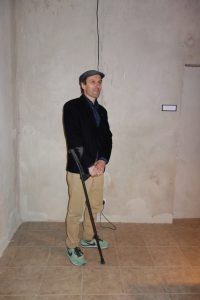
Danas Aleksa is a sculptor, creator of objects and installations as well as a performance artist and all of these components are often intertwined in his art. They intertwine both formally as well as conceptually. Danas Aleksas’ sculptural objects are social in nature or are “completed” in a social enviroment, and that implies a specific performativity. On the other hand, more than one of Danas Aleksas’ “performances” has been a type of “social object”- a situation in which questions of an artist’s social status, identity and institutional context have been raised. Therefore, one can say that the artist often explores the “distance” that exists or is beginning to be formed between himself as a socio/cultural body/subject and art (action) as a socio/cultural object. Or, the reverse. That which does (not) fill up that distance is the (non) connecting idea of the content of Aleksa’s performative art.
Aleksa’s project presented at the Jonas Mekas Visual Arts Center is in part masked by formalism, although, in fact, it delves into the social (bodily) trajectories of an artist, his situation and status, forming a mini-retrospective along with the inclusion of new works.
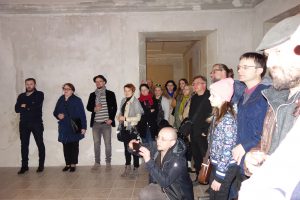
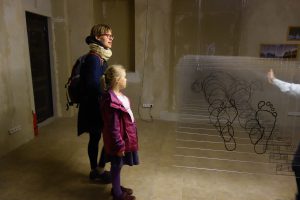
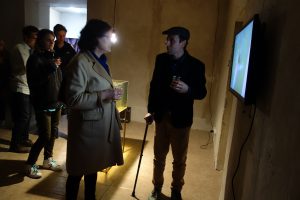
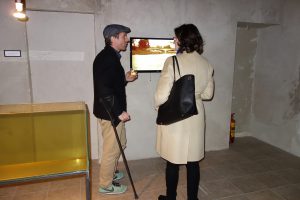
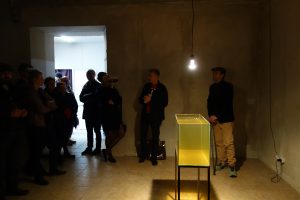
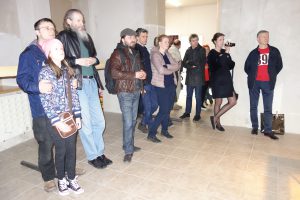
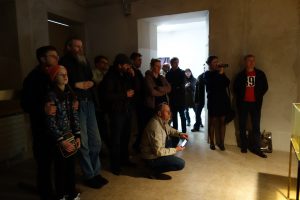
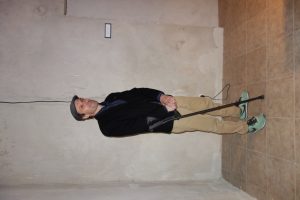
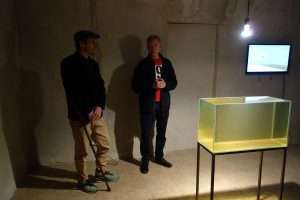



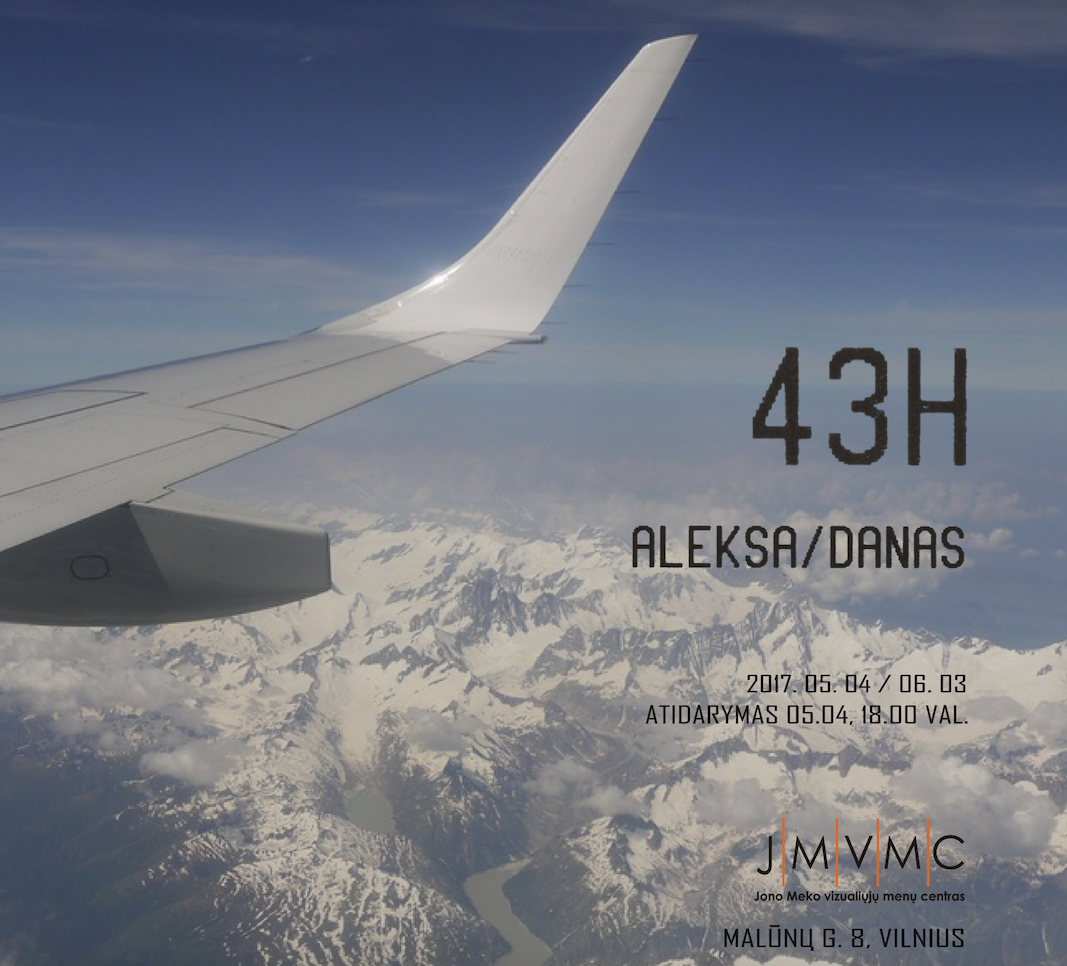

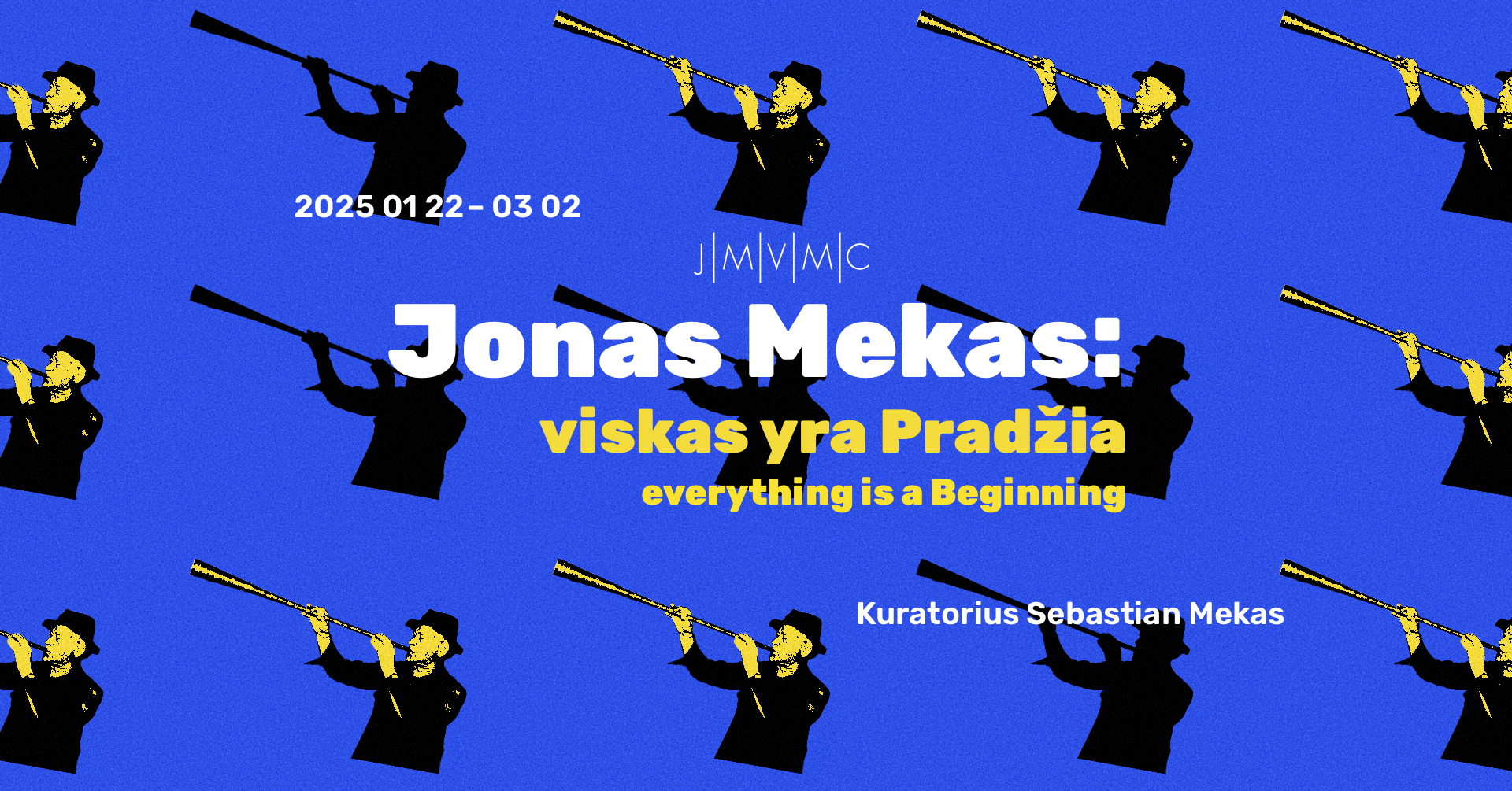

Leave a Reply